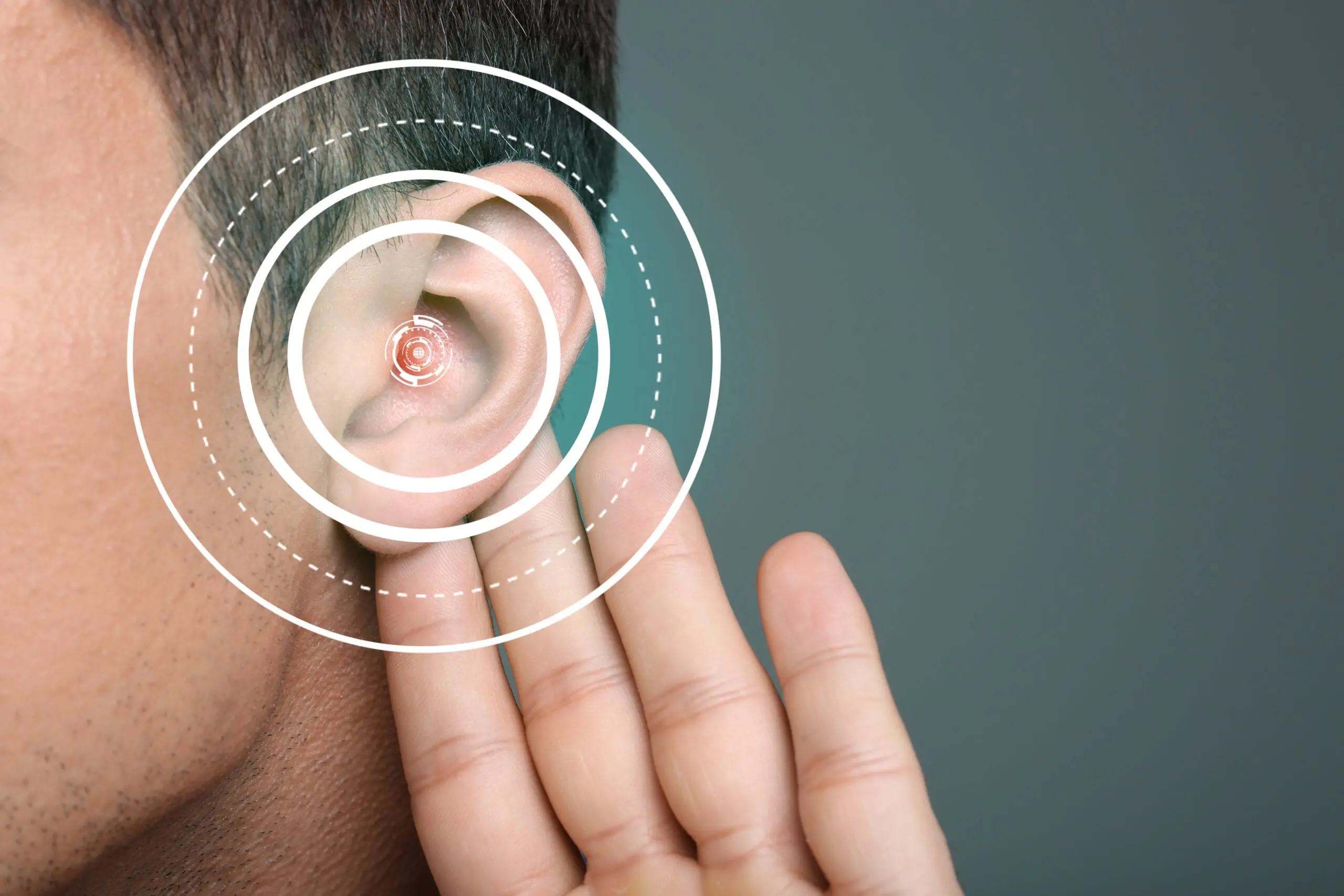Have you ever imagined your life without the power of hearing? How void and hollow will your life be? You will not be able to enjoy the blessings the world has packed for you. Even though ears are the biggest blessings yet little effort is taken to prevent their loss.
The question most people ask is that “Is bass bad for your ears?”, has a complex answer and that is discussed below in the following paragraphs. By the end of the blog, you will be able to answer this question on your own.
3 Best Bass Headphones for Every Budget
What Is The Bass?
The low-pitched sound frequencies in the sound waves are called bass. The frequency range is between 20 Hz to 250 Hz. However, this frequency range can vary depending on the context.
Mostly bass frequencies are added to music to provide a sense of depth, rhythm, and power to the track. They include instruments like bass guitar, bass drums, and double bass.
These instruments produce rock, jazz, funk, and hip-hop music, which creates an emotional response in listeners and they feel excitement and relaxation.
How Do Ears Function?
The ear is a complex organ that has three main parts. The outer, middle, and inner ear. It works in a way that it collects, processes, and transmits a signal to the brain. Each part works in the following way:
The Outer Ear
This is the visible part that collects the sound signals and forwards them to the eardrum. It comprises the pinna(the external part of the ear), the canal, and the tympanic membrane(eardrum).
The Middle Part
This is an air-filled chamber that is located behind the eardrum. It comprises three very small bones. These bones not only amplify but also transfer the sound wave to the inner ear.
Do you know? 12 Best Headphones That Don’t Mess Up Hair?
The Inner Ear
This part is located deep in the skull. The cochlea is located in this region which converts the sound vibrations into electrical signals. These signals are then interpreted by the brain so one can hear and comprehend whatever he hears.
How Does One Lose Hearing?
One can lose hearing through many factors. It’s not just the age or disease through which one can lose hearing. However, the following are the factors that are responsible for losing hearing:
Age
With age, one loses hearing. It is a natural process and normally occurs around the age of 60 and it affects both years equally.
Genetics
This is also called genetic hearing loss. A person inherits this problem from his family and therefore has a hearing disability.
Infections
Some infections like Measles and Meningitis can cause hearing problems.
Exposure to Loud Sounds
If a person is exposed to loud sounds, one can deteriorate his ears. A loud sound damages hair cells that are present in the inner ear. This is also called noise-induced hearing loss.
Head Injury
If the structures inside the ear are damaged, then it can lead to hearing loss.
How Loud Is Safe For The Ears?
Hearing loss can be prevented if one is careful about the levels of sound one is exposed to. The louder one hears the more likely that hearing problems will occur.
Above 100 dB is dangerous for the human ear and can cause permanent damage to ears. One must make sure that they are not exposed to noise above 85 decibels as it can cause hearing loss.
However, if one is exposed to this frequency of noise for a few occasions or a month they are unlikely to lose their hearing ability for a long time. Whereas they may face short term hearing loss.
It is a temporary condition that affects the sound frequencies when one is exposed to. This makes one’s life uncomfortable if their ears are sensitive and easily irritated by noise.
Is Bass Bad For Your Ears?
To answer this question in easy words then frequent exposure to loud bases can affect hearing health. It is not just the frequency but the prolog exposure to high levels of base can easily damage the fine hair cells in the inner ear.
This can easily cause hearing problems over a long period of time. The Bass frequency can also cause vibration in the body and physical discomfort, which can also be harmful. Therefore it is important that one protects themselves from loud bass.
How Does Bass Affect Hearing?
Sound waves cause the eardrum to vibrate. These vibrations then simulate the tiny hair cells. The motion caused by these cells is responsible for the conversion of sound waves into electrical signals.
Exposure to loud bass over a long period of time can cause damage to these hair cells. The hair cells are very delicate and their over-simulation can easily damage or kill these cells. Thus, affecting the hearing capability of humans.
How Can One Prevent The Hearing Problem?
These are the following ways through which one can prevent hearing problems that can be caused by exposure to the base:
- Decrease the exposure time to a loud base
- Use noise cancellation headphones or earplugs at noisy places
- Pay visits to the doctor for checkups on a regular basis
- Be aware of the volume levels and keep the volume low
- Take breaks from activities that include noise
Conclusion
It can be concluded that exposure to a loud base for a long period of time does deteriorate the hair cells which are responsible for converting sound waves into electrical signals. As these hair cells are very delicate, loud bass can easily simulate them. However, over-simulation damages these fine cells.
Thus it is not just bass that is bad for the ears, but any sound wave with high frequency and exposure for a long period of time can cause hearing problems. However, hearing problems caused by bass can be resolved by decreasing the volume and exposure time to loud bass.
Plus one can use noise cancellation headphones or earplugs to limit their exposure to noise. Therefore by taking care of these steps, one can easily reduce their risk of noise-induced hearing loss.

Anneq Aish Choudhary is a passionate writer with a keen interest in headphones and music. With years of experience in writing about technology, Anneq has a deep understanding of the latest trends and innovations in the headphone industry. Anneq’s articles provide valuable insights into the best headphones on the market.

